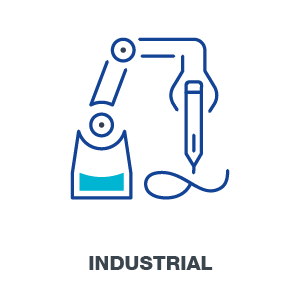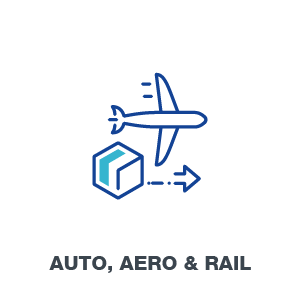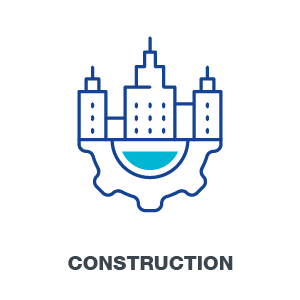Your trusted partner for Supply Chain hiring and Procurement recruitment
We prioritise understanding your business and hiring needs, ensuring we deliver streamlined recruitment solutions tailored to your needs.
Our industry expertise covers:








Why choose Michael Page?
With over 45 years of recruitment experience, Michael Page understands the intricacies of your industry and excels at Procurement and Supply Chain talent sourcing, connecting you with the right professionals to propel your business to new heights.
We provide a boutique experience with global reach, finding quality candidates, quicker, through our specialist expertise and advanced technology.
With offices across the UK and a robust global presence spanning 37 countries and 153 offices, we connect you worldwide.
What sets us apart?
Your search for a reliable Procurement and Supply Chain recruitment agency ends here. Whether it's gearing up for succession, scaling with factory expansions, or navigating through restructuring, count on us to deliver the perfect fit swiftly without compromising on quality.
Working with the most advanced recruitment technology, our consultants each have dedicated roles, specifically focusing on client experience, candidate sourcing, and job placement. By taking this approach, we ensure every stage of the recruitment process is seamless and handled with precision, saving you valuable time and resources.
We excel in sourcing talent across all levels of expertise, including roles such as:
- Planner (Supply, Production, Demand, Material, Inventory)
- Warehouse Supervisor
- Warehouse Manager
- Scheduler
- Buyer (Indirect & Direct)
- Senior Buyer
- Category Buyer
- Purchasing Assistant
Our approach
Whether you're seeking temporary or permanent positions, we take a consultative approach to recruitment. With a vast pool of pre-vetted temporary candidates and proactive sourcing methods for permanent roles, we ensure you get the best talent for your needs.
Partner with us to leverage these advantages and achieve your recruitment goals this year. We're here to deliver rapid solutions with the finest talent precisely when you need them. No fuss, no complications—just swift results.
Michael Page – where efficiency meets excellence; we prioritise quality without sacrificing speed. Backed by solid funding, we offer a premium service tailored to your needs and budget.Specialised expertise for exceptional results
Our scale, scope, and specialist capabilities enable us to offer flexible recruitment solutions that adapt to evolving market conditions. With a focus on region, job type, and industry sector, our consultants possess in-depth market knowledge to ensure precise matches.
We leverage industry expertise across key sectors, including:
- Manufacturing
- Industrial
- FMCG & Consumer
- Auto, Aero & Rail
- Finanical Services
- Construction
- Facilities Management
- Public Sector
Get in touch
If you would like to talk to us about your current recruitment needs, fill in the form below and one of our consultants will call you back.
See what our clients have to say
Friendly staff, always available. Very regular updates on the progress of candidate searches, they listen closely to our requirements and candidates skills and competencies reflect our requirements.
HR AssistantCranswickSimple process, fair charge rate, great understanding of the role profile, minimal email exchange, small shortlist, good quality candidates. Seamless from both parties perspectives. If only every piece of recruitment was as fruitful. Would definitely reach out to Sam again in the future.
HR OfficerVitacressI have worked with yourself now for a vast amount of years, and over the years I have never been let down by the quality and the professionalism provided as a customer and a client with my consultant. She is a jewel in your crown.
Lucchini Unipart Rail Ltd
Procurement & Supply Chain
Our Expertise
On the lookout for top Procurement and Supply Chain talent?
Partner with Michael Page and work with a team of consultants who specialise in Procurement and Supply Chain hiring.






